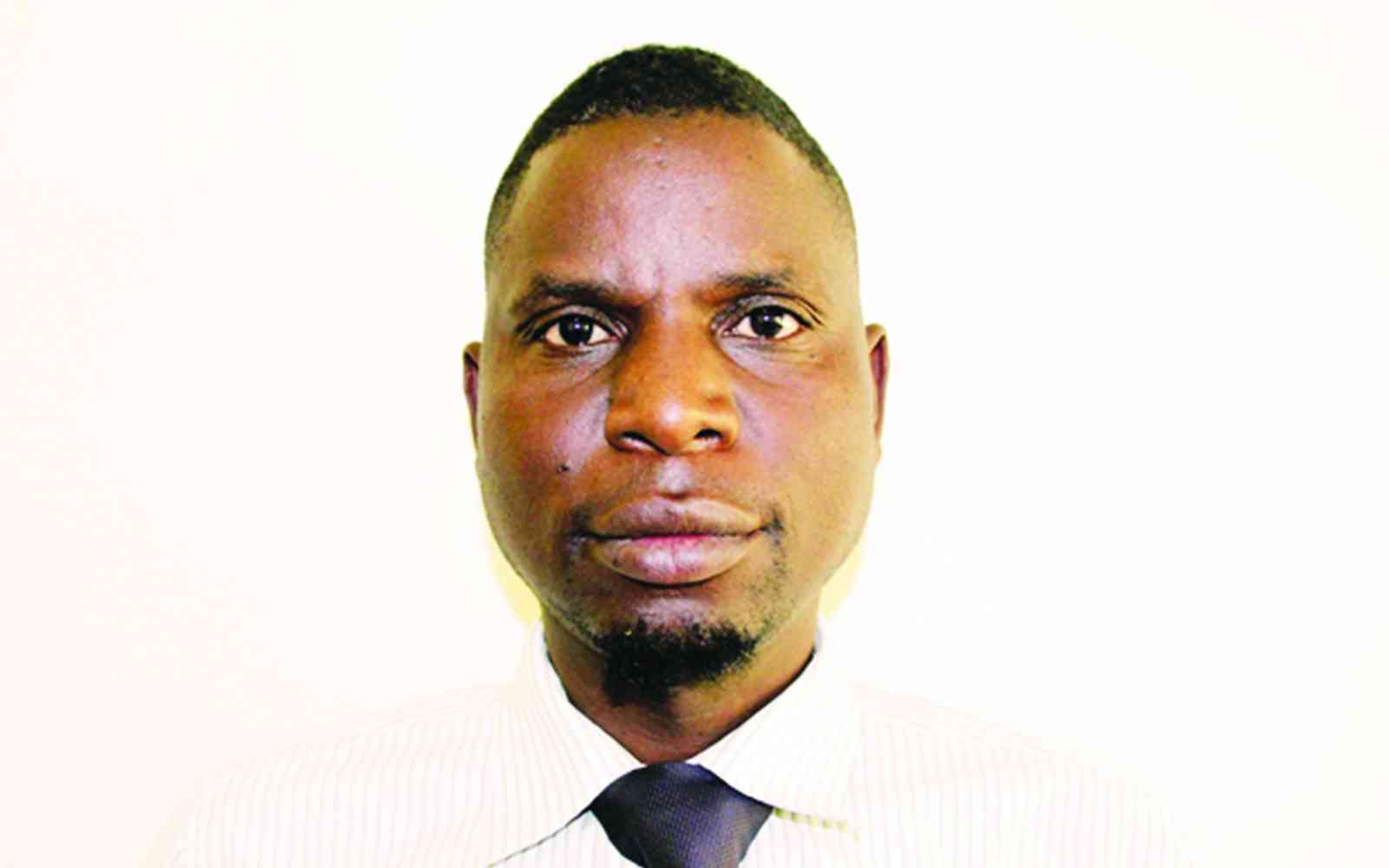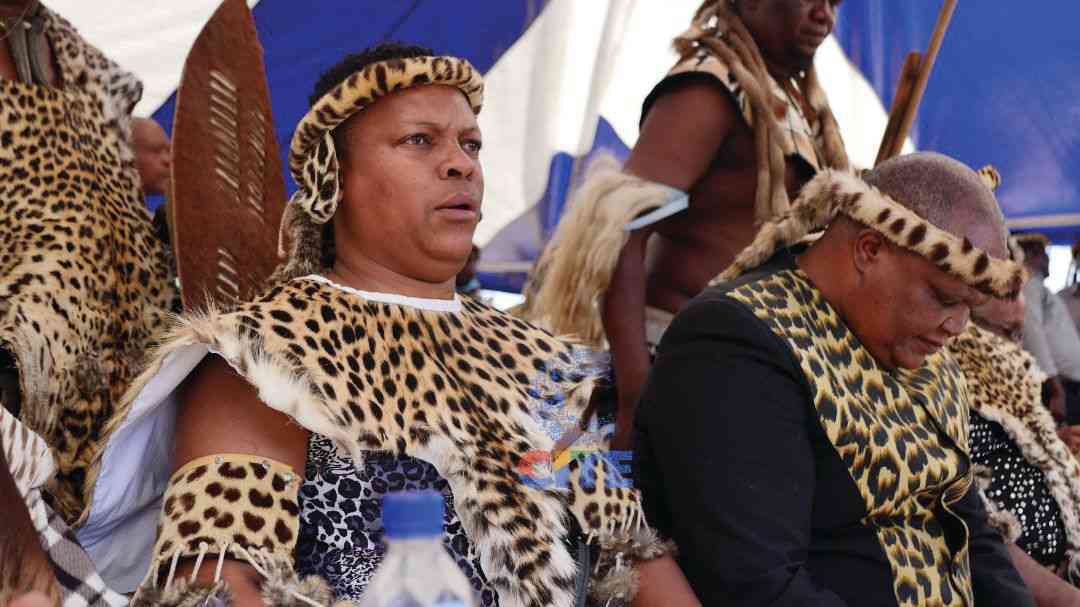
In life, we are often conditioned to fear failure and shun mistakes.
From the classroom to the boardroom, perfection is prized while errors are frowned upon. But what if the way we have been looking at it is all wrong?
What if, instead of being shameful, mistakes are the essential building blocks of growth, wisdom and eventual excellence?
Take a moment to consider milk. When it goes bad, we do not throw it away. Instead, it becomes yoghurt — a product more valuable, nutritious and desirable.
Let it age even further and it transforms into cheese, an even more cherished commodity across cultures. The degradation of milk is not a death sentence; it is a process of transformation.
The same applies to grape juice. Left to ferment, it becomes wine, an ancient symbol of celebration, maturity and luxury.
In each of these examples, what begins as a “loss” is, in fact, a stepping stone towards higher value.
These transformations teach us that change, especially change born out of mistakes or failures, is not the end. Rather, it is the beginning of something potentially better.
- Former Chinese President Jiang Zemin dies aged 96
- The enduring plight of Zim’s kidney patients
- Revised strategic marketing plan for entrepreneurship
- ‘Govt to blame for death of kidney patients’
Keep Reading
Human beings are no different. Mistakes do not define us negatively; they refine us. They are the fires that temper our character, deepen our understanding and sharpen our insight. Our imperfections, missteps and failures are part of what makes us better — not broken.
History is full of powerful examples. Christopher Columbus, seeking a faster route to India, made a navigational error that led to the “discovery” of the Americas. While his legacy is complex and controversial, the point remains: his mistake altered the course of global history.
Alexander Fleming, a scientist working under ordinary circumstances, forgot to clean his petri dishes. This error led to the accidental discovery of Penicillin, the world’s first true antibiotic, which has since saved millions of lives. His negligence became one of the most impactful medical breakthroughs of all time.
If these individuals had played it safe — never deviating from the expected course — we may not have had the modern world as we know it. Their errors were not obstacles. They were invitations to discovery.
Mistakes are more than just lessons. They are proof that we are trying, exploring, experimenting, living.
To err is human, but to learn from those errors and grow into someone better, is the essence of what makes us truly exceptional.
In today’s world, however, there is immense pressure to get things right the first time.
Social media culture glorifies the curated and the flawless. Yet, behind every successful entrepreneur, artiste, leader or scientist lies a long trail of missteps and failures.
The difference is not that they avoided mistakes — it is that they embraced them, learned from them and kept going.
Contrary to the old adage, it is not practice that makes perfect. It is a reflection on mistakes, paired with intentional correction, that leads to mastery.
Practice without learning simply reinforces errors. But when we pause to understand where we went wrong and why, we open doors to new insights, creative solutions, and personal growth.
As individuals, we must reframe our relationship with failure.
Instead of seeing it as a destination, we must see it as a process — a necessary passage on the journey towards becoming our best selves.
We do not grow from repeating what we already know; we grow when we are challenged, when we stumble, when we try something and it does not go according to plan.
Educational institutions, workplaces and families must also evolve to reflect this understanding.
Environments that encourage risk-taking, creativity and resilience are those that thrive.
When people are not afraid to make mistakes, they become more innovative, more courageous and ultimately more successful.
So, if you have ever felt ashamed of failing or considered yourself unworthy because of past mistakes, think again.
Like sour milk that becomes cheese or grape juice that becomes wine, our setbacks could be our setup for something more valuable. Each misstep is a teacher. Each failure is a forge.
We are not bad because we made mistakes. We are becoming better because we did. Let us embrace our flaws. Let us celebrate our resilience. Let us learn, grow and transform. After all, it is mistakes that make us perfect.










